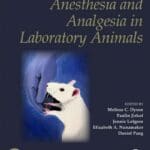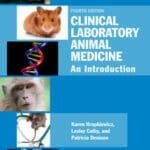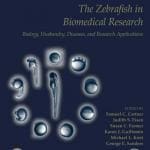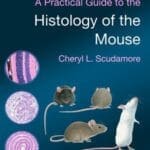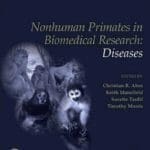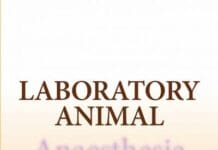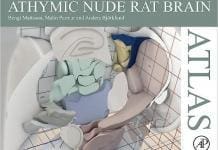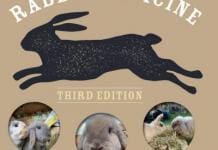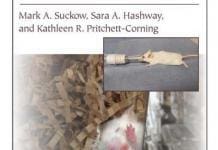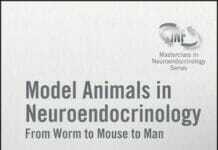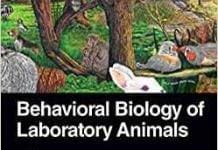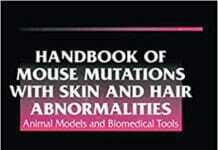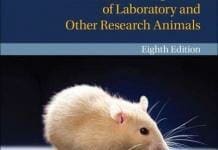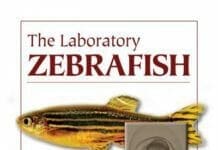The Baboon in Biomedical Research
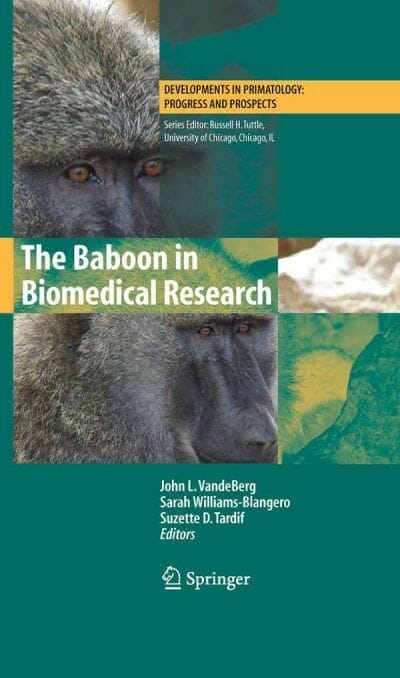
By John L. VandeBerg, Sarah Williams-Blangero and Suzette D. Tardif
The Baboon in Biomedical Research PDF. Building on the foundation of two earlier volumes, The Baboon in Biomedical Research returns in an updated edition that presents the variety of uses and the importance of the baboon in biomedical research today. With contributions from leading researchers who use the baboon model, the new edition, edited by John L. VandeBerg, Suzette D. Tardif, and Sarah Williams-Blangero, provides a cogent introduction to this nonhuman primate model and serves as a valuable guide for researchers as well as laboratory animal veterinarians.
The volume begins with a chapter on the baboon gene map, the first genetic linkage map developed for any nonhuman primate species. Subsequent chapters present the results of decades of research on basic biological characteristics of baboons: microbiology, reproductive biology, growth and development, behavior, and spontaneous pathology. The remaining chapters summarize the scientific contributions of baboons as models of human diseases or physiological or developmental characteristics, including neonatal lung disease, dental development, dyslipidemia and atherosclerosis, pregnancy, ingestive behaviors, infant nutrition, alcoholic liver disease, drug abuse, neuroimaging, epilepsy, and xenotransplantation. The baboon already has a 50-year history of significant contributions as a model for human states of health and disease. This volume highlights the exciting research that is currently being conducted with this animal model and suggests future directions for the baboon in biomedical research.
- First volume since 1965 to provide in-depth study of the baboon in biomedical research
- Among all primates, baboons are the most widely used as models for the genetics of susceptibility to complex diseases, and they are the first nonhuman primate for which a framework genetic linkage map was established
- In addition, the baboon genome is currently being sequenced and, as a result, the utility of this species for biomedical research will be dramatically increased
| File Size | 18 MB |
| File Format | |
| Download link | Free Download | Become a Premium, Lifetime Deal! |
| Updates & Support | Join Telegram Channel To Get New Updates | Get Help |
| Become a Premium |  |
| Browse All Books: | Veterinary Books |

